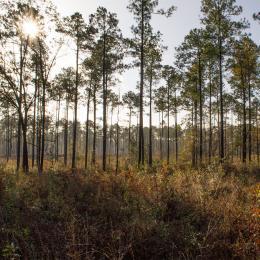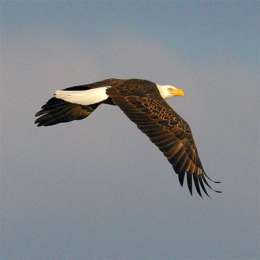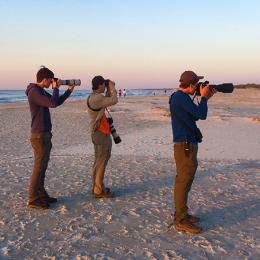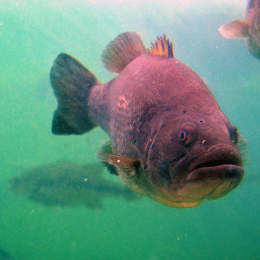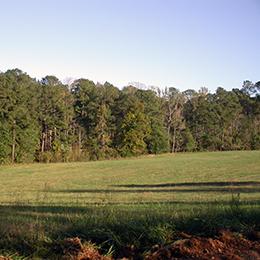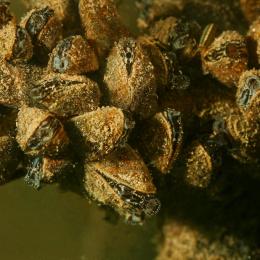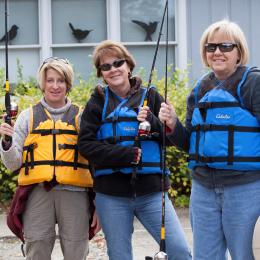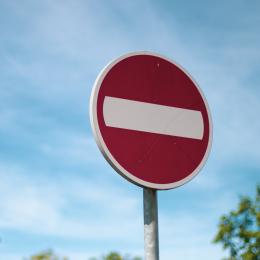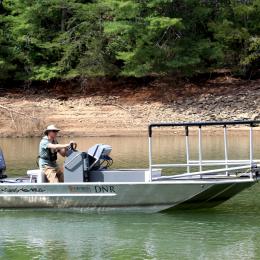Coastal boaters are cautioned to be on the lookout after an earlier-than-normal sighting of North Atlantic right whales along the Georgia/South Carolina coast.
Anglers videoed two of the endangered whales off Hilton Head, S.C., and Savannah Wednesday afternoon, according to the Georgia Department of Natural Resources. It wasn’t known if these were the same whales reported near Cape Lookout, N.C., on Saturday.
With only about 380 left, North Atlantic right whales are one of Earth’s most imperiled large whales. Many of these bus-sized mammals migrate more than 1,000 miles each fall from Canada and New England to the Southeast. The waters off Georgia, north Florida and South Carolina are considered their core calving area. Moms give birth and raise their young here until they are strong enough to return north.
Although Georgia’s first right whales usually show up in late November and early December, DNR senior wildlife biologist Jessica Thompson called the timing of these two uncommon but not unheard of.
Thompson, leader of the agency’s work with marine mammals, wants to “make sure boaters know right whales are back and everyone is aware of the need to be vigilant.” She also encouraged boaters to report all sightings – calling 877-942-5343 (877-WHALE-HELP) is one way – and stay at least 500 yards from any whale seen.
Vessel strikes on the Eastern Seaboard are one of the two leading causes of right whale deaths, along with entanglement in commercial fishing gear in the northeast Atlantic. Despite their size, the whales can be hard to see because of their dark color and lack of a dorsal fin. Mothers and calves also spend most of their time at or near the surface, putting them more at risk of being hit.
Boaters are urged to keep watch, slow down and report sightings via 877-WHALE-HELP, the U.S. Coast Guard on marine VHF ch. 16 or the Whale Alert app (https://www.whalealert.org). Provide the time, location and other sighting details. Sightings can be tracked on the app and at whalemap.org (http://whalemap.org). Although right whales are always moving, reports raise awareness among boaters and can help avoid vessel strikes.
As noted, observe any right whale spotted only from a distance. Stay at least 500 yards away and never pursue or follow one.
Right whale conservation in the Southeast involves a collaboration of agencies and other partners, including the National Oceanic and Atmospheric Administration, DNR, the Florida Fish and Wildlife Conservation Commission, Clearwater Marine Aquarium Research Institute, and other North Atlantic Right Whale Consortium members.
HOW BOATERS CAN HELP
• When boating off Georgia's coast from November to April, follow the guidelines for navigating in right whale waters (https://georgiawildlife.com/conservation/rightwhales), for the safety of the boaters and whales. The website includes recommendations for recreational boaters.
• Report all sightings by calling 877-WHALE-HELP (877-942-5343), hailing the U.S. Coast Guard on marine VHF channel 16 or using the Whale Alert app (https://www.whalealert.org).
• Slow down when boating where whales are present. The Whale Alert app or whalemap.org (http://whalemap.org) can help inform you of right whales possibly in the area.
• If you spot a whale, slow down further, operate at slow speed or put your engine in neutral. Assess the scene and slowly leave the area while keeping watch: Other whales could be nearby. Stay at least 500 yards from any right whale seen (it’s the law) and never pursue or follow one.
• Be wise stewards of Georgia's natural resources and enjoy the outdoors responsibly.
• For more on North Atlantic right whales, visit https://www.fisheries.noaa.gov/species/north-atlantic-right-whale.
###






